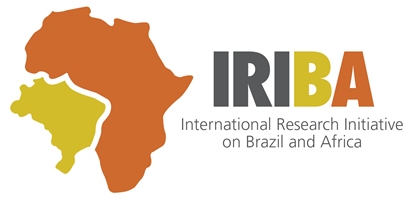IRIBA key findings seminar: Is there a Brazilian ‘development model’?
Prof. Ed Amann and Prof. Armando Barrientos gave a presentation on November 25 on some of the central findings of the IRIBA research. They discussed how Brazil’s comparatively successful development performance over the last two decades has been based on a pattern of inclusive g
The 5 key points to understanding Brazil’s development progress
We recently published a briefing giving a 10-point summary of our main findings from the first phase of the IRIBA project. This has been well-received, particularly by some of our academic colleagues. However, we wondered if the list could be boiled down further, especially for the bu
Bridging the urban-rural divide in Africa
The next edition of the African Economic Outlook will investigate how to bridge the urban-rural divide in African countries. With many African states struggling to translate impressive headline rates of economic growth into tangible improvements for the poorest people living in rural
November 11, 2014
Comments are off
The Brazilian model of agricultural development
Today Brazil is one of the major producers of a series of agricultural commodities, including soybeans, sugar, orange juice, maize, cotton, chicken, meat and pigs, with strong participation in a long list of others. The position of Brazilian agriculture as one of the breadbaskets of t
Could Brazil’s approach to vocational training help generate jobs in Africa?
Professor Stephan Klasen is head of the Ibero-America Institute for Economic Research at the University of Göttingen and co-author of the IRIBA working paper on the impact of SENAI vocational training in Brazil and its implications for African countries. This year’s meeting of t
Inequality, inclusion & infrastructure: What did we learn?
Daniele Malerba, PhD candidate at the Global Development Institute reports back from the recent IRIBA workshop at the LSE. Last Friday the LSE hosted an IRIBA workshop on some of the work produced in the first round of the project. Research on inequality, social protection and infrast
September 17, 2014
Comments are off
Presentation: achieving economic stability in Brazil
There’s a consensus that Brazil’s development progress has been underpinned by sound macroeconomic management. The introduction of the Real Plan in the mid-90s, which ended regular, destructive outbreaks of hyperinflation is widely regarded as the starting point, but is it the whole s
Brazil’s infrastructure issues
Major problems surrounding the construction of the stadiums has dominated the build-up to the World Cup this year. Although it’s a common refrain around many major sporting events, IRIBA’s joint research director Dr Ed Amann argues that the problems epitomise a broader malaise surroun
© IRIBA 2014 | All rights reserved I Google+
Hosted by The Brooks World Poverty Institute
